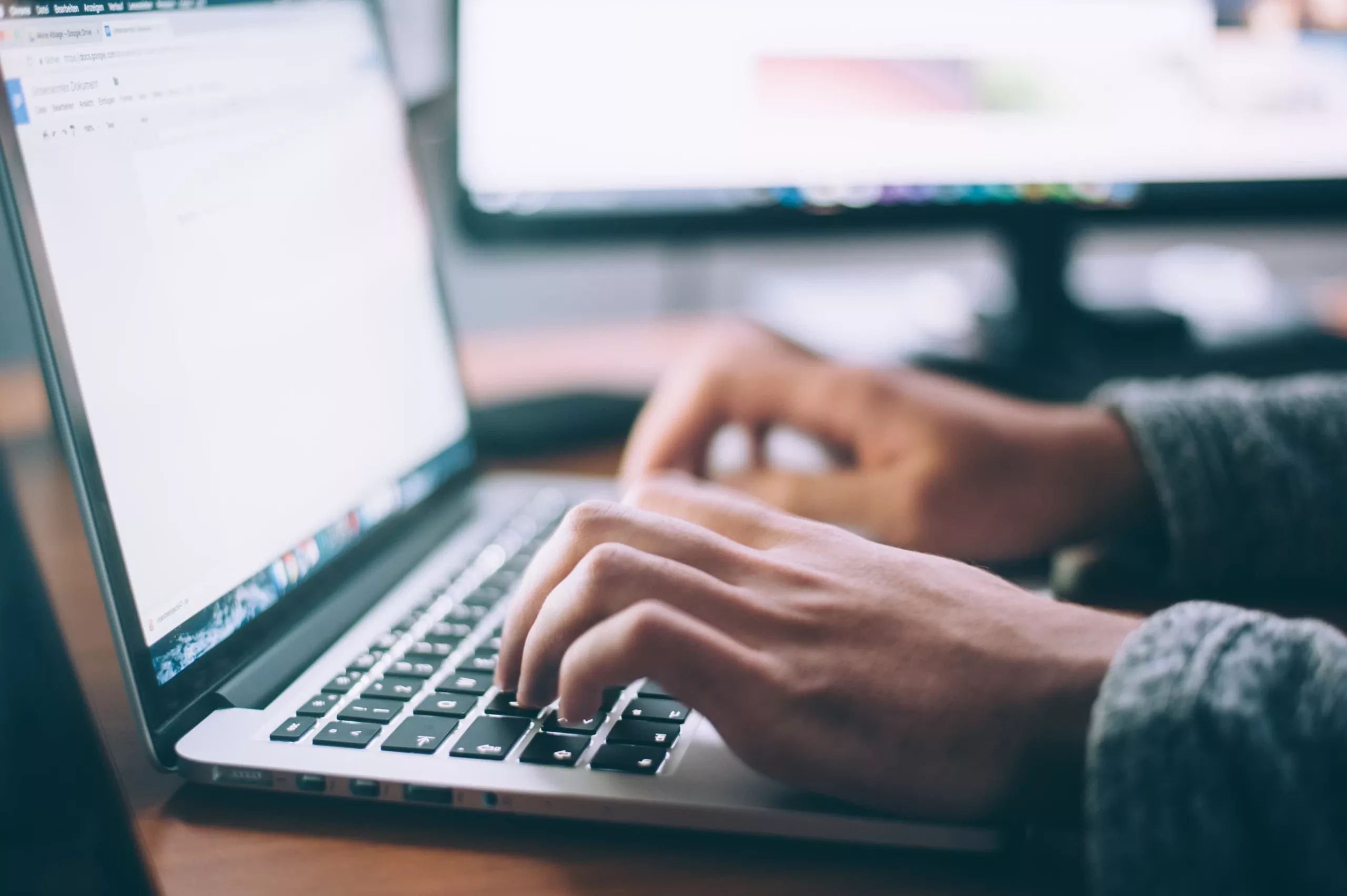Facepalm: The connected world we live in means that most people manage numerous account credentials, and the majority feel overwhelmed by them. The finding comes from a recent survey, which also revealed that many are overconfident when it comes to cybersecurity practices.

Keeper Security, the maker of a popular password manager and digital vault that you can download here, revealed some interesting details in its Fortifying Cyber Resilience: Insights Into Global Cybersecurity Practices report.
The survey, which involved 6,000 participants from around the world, showed that 62% of people are worried that they are managing too many passwords, accounts and logins. It also revealed that despite 85% of respondents believing their passwords are secure, over half admit to sharing them, 2 in 5 say they reuse passwords across sites and apps, and 24% write them down.
Other users' answers about how they manage their passwords further illustrate this misplaced confidence. In addition to the near quarter of those who write them down, 26% simply rely on remembering them, and 19% store them in a browser or phone notes app.
Despite a crackdown on the practice by Netflix and Disney+, 34% say they still share passwords for streaming sites. This service was the most popular for password sharing, followed by shopping accounts (22%), personal emails (20%), social media (16%), work/school emails (16%), bank account passwords/pins (15%), and work productivity platforms (13%).
Keeper writes that the report highlights the challenges security experts face when advising people how to protect themselves online.
The report also underscores the importance of teaching people good security practices. The obvious one is to use a password manager and strong and unique passwords (I.e., none from this list) for each account. Enabling multi-factor authentication wherever it's available is also strongly advised.
Password managers aren't infallible, of course. LastPass has suffered more than one hack over the last few years, and Google this week apologized after a bug left 15 million Windows users unable to find or save their Google Password Manager credentials for almost 18 hours.
Can you manage your passwords? Survey shows many feel overwhelmed yet overconfident about it
